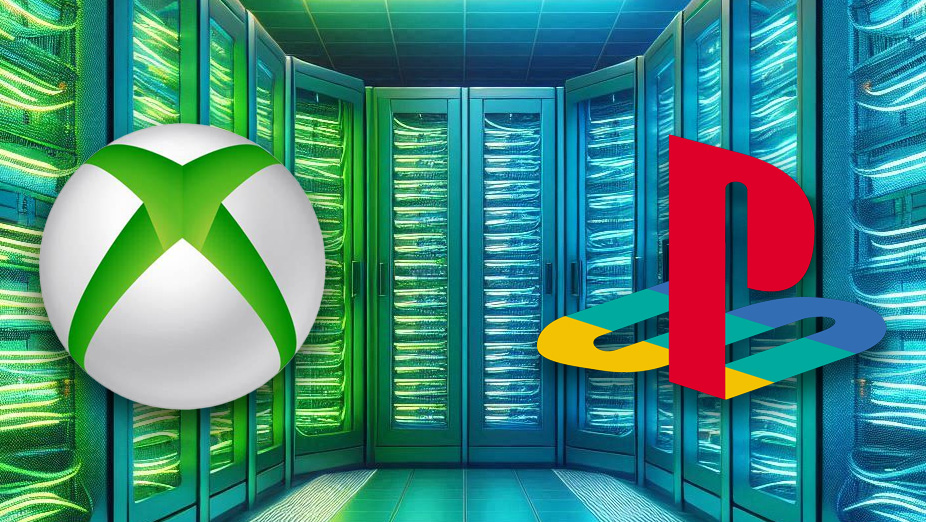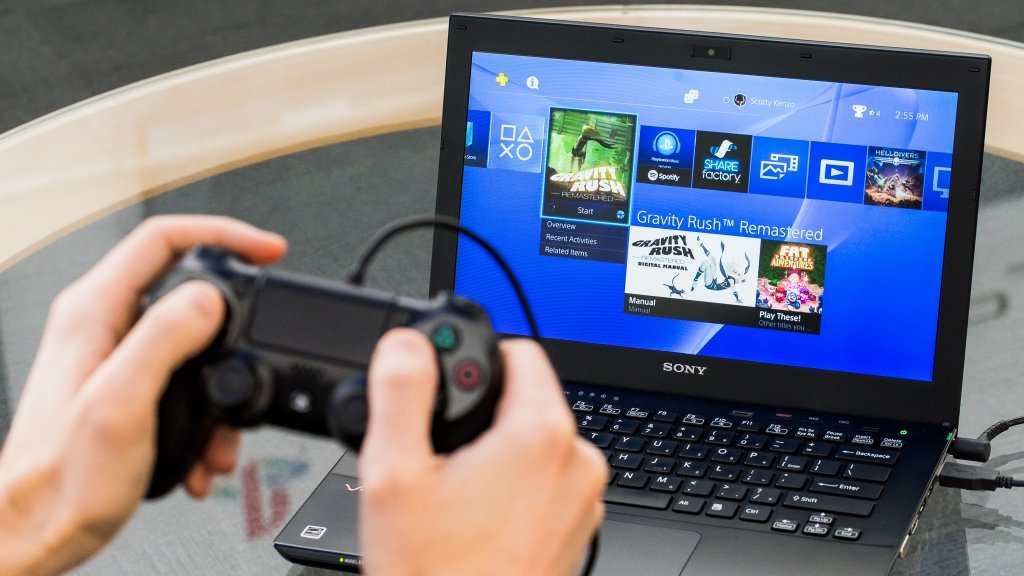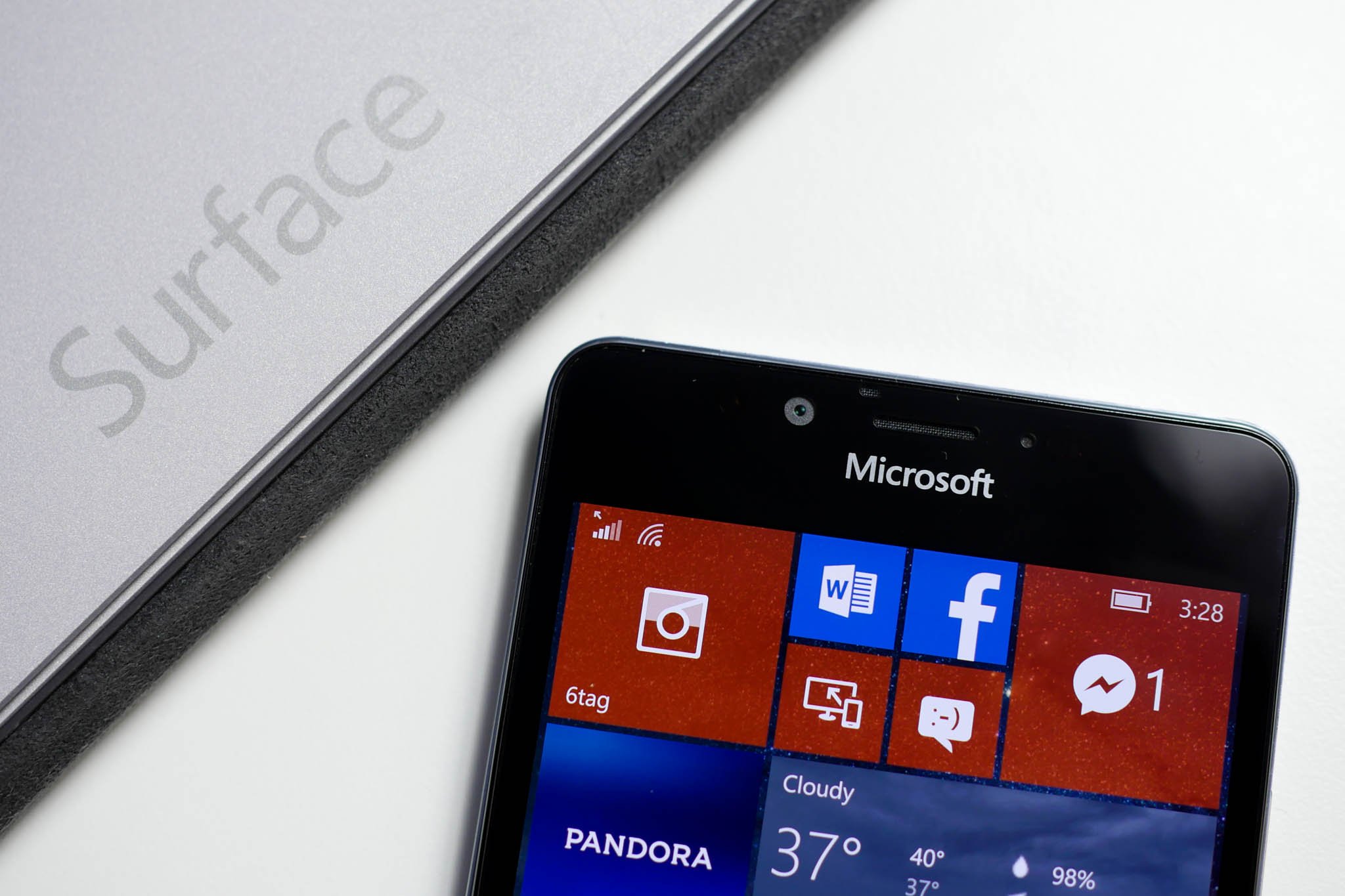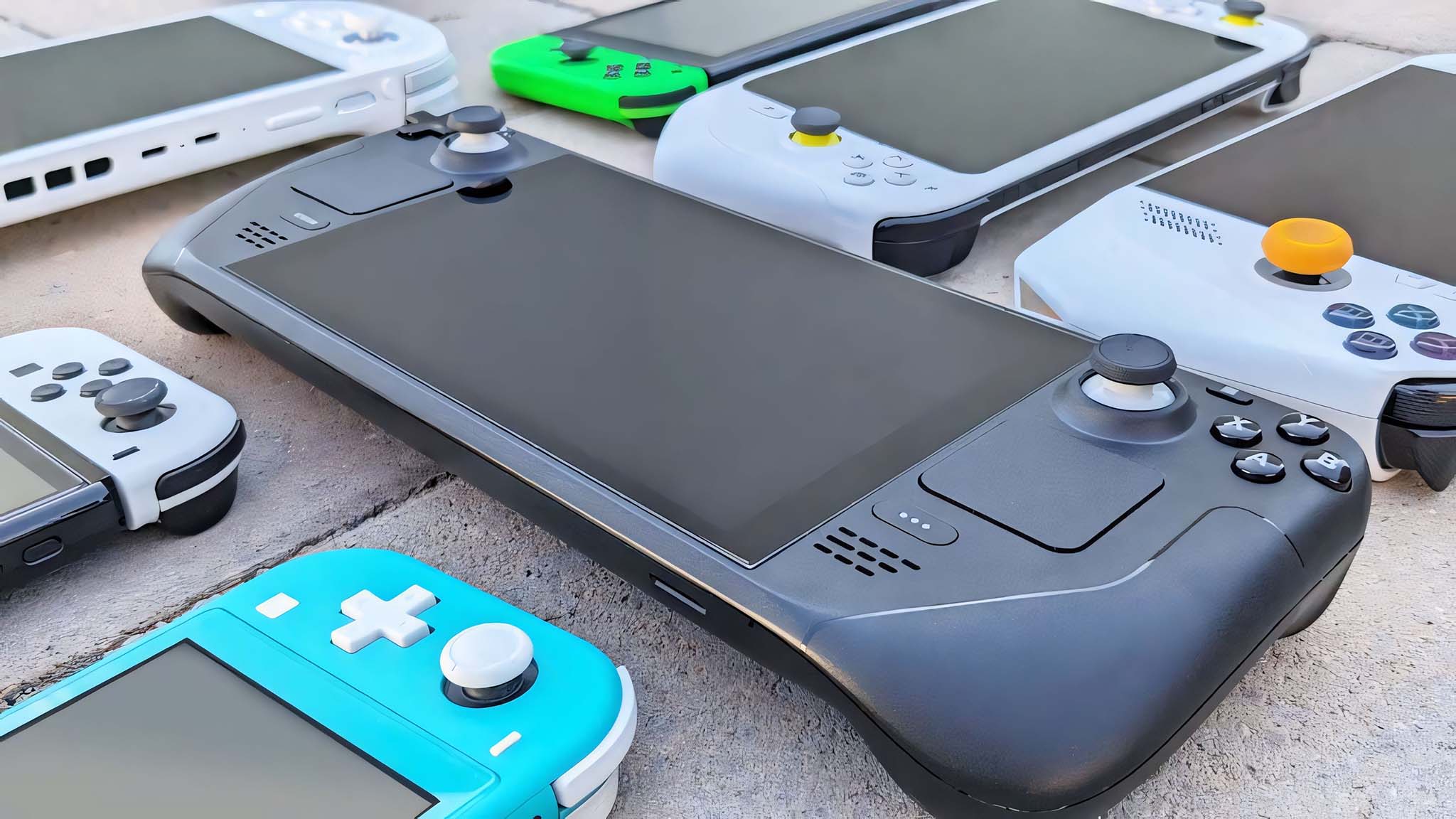PlayStation Network's outage over the weekend should serve as a reminder to Microsoft and Xbox on what can happen if you "put all your eggs into one basket"
All networks have downtime, but Microsoft is historically uniquely keen to rely on other networks to reach customers. PSN's prolific downtime this weekend is exactly why having your own ecosystem is important.

Over the weekend, PlayStation Network was down for roughly 18 hours, knocking out access to PlayStation-owned PC games like Helldivers 2 and Destiny, and the whole slate of online multiplayer titles on PlayStation 4 and 5 consoles.
The downtime was quite prolific, and was a reminder of the dark days of PlayStation 3's 2011 PSN hack, which saw the network down for over a couple of weeks rather than a few hours. Downtime on that scale seems to be a thing of the past generally speaking, but the outage was a pretty stark reminder of some of the downsides of practically all of gaming going up "into the cloud."
All online networks have downtime every now and then, and PSN is generally as robust as they come these days. However, it did serve as a pretty stark example to me for one of the big drawbacks of Microsoft's current gaming strategy. Xbox seems more keen to de-prioritize its own hardware console ecosystem in favor of bigger platforms, namely PlayStation and Steam, and to some degree, iOS and Android as well.
What happens when you put all your eggs into one basket?

In the grand scheme of things, PSN being down for just over half a day isn't a particularly big deal. But what if it was down for weeks again, like it was in 2011?
The PSN hack was probably a huge boon to Microsoft back then, serving to solidify its place as the "best" online gaming ecosystem, which I'd argue is a sentiment it still retains to this day generally speaking. Although PSN is, as noted, far more robust these days, and probably shares an overall similar uptime to Xbox Live itself, in 2025, PSN being down is perhaps ironically as much as an issue for PlayStation as it is for Xbox.
Less so than ever, players are moving between platforms, "digitally locked in" to whatever ecosystem they chose at the start of the PS4 / Xbox One generation. Still, youngsters and parents looking towards their first "grown up" console platform still get to choose between the big three on occasion, and unless they can afford a capable gaming PC, the vast majority right now are choosing PlayStation. Xbox lost the console war, entirely of its own fault, but rather than try to fight back and rebuild, increasingly, Xbox is capitulating and exploring alternative strategies.
One of those strategies notoriously revolves around putting its Xbox exclusive games onto PlayStation to find new users. The other part was in buying up Activision-Blizzard-King, giving it control of the biggest franchises in the world, namely Call of Duty and Candy Crush Saga, among others. As a result, and perhaps ironically, the lion's share of Xbox's sales income now comes via other platforms, rather than via Xbox.
Get the Windows Central Newsletter
All the latest news, reviews, and guides for Windows and Xbox diehards.
Steam, PlayStation, iOS, and Android doubtless outstrips profitability on Xbox to the tune of hundreds of millions — PSN being down likely removed hundreds of thousands, if not millions of dollars in lost income for service game companies over the 18 hour period. The inability to actually purchase microtransactions or access online services would be a far bigger dent in Xbox's revenue sheet than it would have been before the Activision-Blizzard purchase, with the majority of Call of Duty sessions remaining on PlayStation to this day. The fact Call of Duty is available on Xbox, Steam, and in other places doubtless offset some of the potential losses here. But what if Xbox had totally decided to shut down its entire first-party ecosystem? You'd likely see a scenario similar to what's playing out right now for Microsoft software on mobile devices.
This is what happens

Microsoft essentially has to get on its knees and beg Google and iOS for scraps from their respective ecosystems in order to expand on mobile devices. Lacking the ability to set default services on any phone platform, Microsoft Edge has a laughable 5.2% market share, while Bing enjoys a sliverous 3.9% (via StatCounter).
It was CEO Satya Nadella himself who admitted that shutting down Windows Phone was a mistake, and they're likely feeling the pinch of that decision more than ever in 2025. As AI services proliferate, services like ChatGPT, Google Gemini, and Apple Intelligence are at the forefront, while Microsoft Copilot is rarely discussed outside of enthusiast sites like ours. If Microsoft had a hardware endpoint oriented around consumers that could really showcase the power of generative AI, you know, like a phone with a camera and mic attached to it, I'm certain Microsoft Copilot would be in a far stronger position to capture that lucrative "default" status that Chrome, Safari, Google, and even Windows itself enjoys. Although being able to control the defaults on Windows 11 hasn't exactly helped it in recent years.
RELATED: Xbox Play Anywhere needs to grow for Microsoft's gaming strategy to success
In any case, all of the above is why I don't think Microsoft will be the one to mainstream consumer AI features. What does this have to do with Xbox, though? It's not hard to imagine and extrapolate from the above scenario what would happen if Xbox let its own home-grown ecosystems die, too. Not being able to put your own titles front and center without paying up for the privilege, being at the mercy of Sony and Steam's closed store algorithms, becoming a competitor, rather than collaborator with third-party publishers — all of these are arguments for Microsoft to try harder to keep Xbox in the game long term.
Microsoft says it is still committed to Xbox hardware, and is in fact working on new-gen hardware with a 2027 timeframe according to some rumors I'm presently investigating. But whether or not Microsoft's corporate layer from the top down truly thinks long term, or just quarter-over-quarter, remains to be seen. The death of Windows Phone and even Microsoft's Android phones like the Surface Duo certainly seems to suggest otherwise.

Jez Corden is the Executive Editor at Windows Central, focusing primarily on all things Xbox and gaming. Jez is known for breaking exclusive news and analysis as relates to the Microsoft ecosystem while being powered by tea. Follow on Twitter (X) and Threads, and listen to his XB2 Podcast, all about, you guessed it, Xbox!
You must confirm your public display name before commenting
Please logout and then login again, you will then be prompted to enter your display name.
